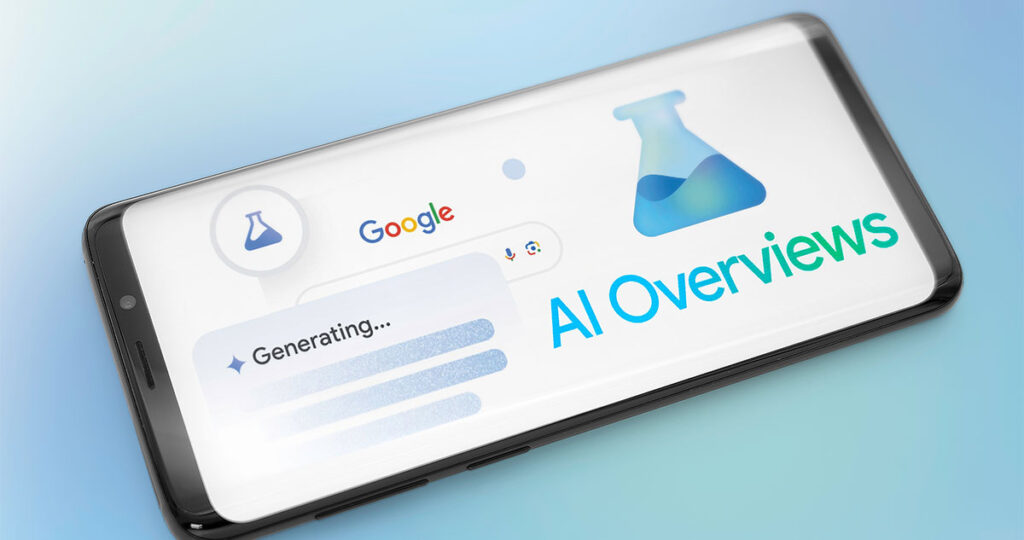Synthetic intelligence chatbots are reworking how individuals entry data on-line, providing fast, direct and click-free solutions with out the necessity to browse a number of web sites. Whereas conventional engines like google like Google nonetheless dominate day by day use, on-line information retailers are starting to really feel the early affect, in keeping with a brand new Wall Street Journal report.
Rising use of AI chatbots for information sparks uncertainty for conventional information retailers
With rising numbers of readers turning to AI instruments comparable to ChatGPT, Copilot and Gemini for sooner solutions, the regular stream of visitors that after supported legacy information web sites is starting to waver.
On-line information suppliers have been working to adapt to a altering data ecosystem for a while, not solely in response to AI, however to a wider pattern of declining curiosity. A 2023 report by Oxford College’s Reuters Institute discovered that simply 48% of individuals globally had been very or extraordinarily taken with information, down from 63% in 2017. Greater than a 3rd stated they deliberately keep away from consuming it. Even common web customers at the moment are turning away from conventional on-line information content material greater than in earlier years.
The emergence of instruments comparable to Google’s AI Overviews and ChatGPT’s real-time looking capabilities has enabled customers to have interaction with information and present affairs in new methods. Some platforms, like X’s Grok, even market themselves as respected alternate options for real-time information updates. In line with Grok, its newest Deep Search replace is “constructed to relentlessly search the reality” and supposedly “distill readability from complexity.”
Whereas not with out flaws, these platforms provide fast, personalized solutions and assist navigate advanced data landscapes. Nonetheless, critical doubts stay about their reliability and whether or not these instruments can ship data with the belief and accountability anticipated of credible information sources.
Enterprise Insider, Washington Publish and others announce layoffs this 12 months
A number of information retailers are already feeling the affect of this shift in on-line visitors. Prior to now six months alone, Enterprise Insider has laid off 21% of its staff, The Washington Publish minimize 4% of positions and U.Ok.-based Attain PLC (proprietor of the Mirror US and Every day Specific) reported a 17% year-on-year decline in digital visitors. Comparable reductions have hit different main retailers, together with the LA Times, Vox Media, and HuffPost. The Wall Road Journal reviews that Nicholas Thompson, CEO of The Atlantic, foresees a significant collapse of the standard on-line information mannequin. Earlier this 12 months, he reportedly instructed workers that Google-driven visitors for the political journal might drop near zero, urging an entire strategic rethink.
Although many customers respect the comfort of AI chatbots for day by day information briefings or monitoring creating tales, research persistently recommend they fall brief in delivering correct and balanced reporting. A BBC review printed in February discovered that greater than half of the responses generated by ChatGPT, Copilot, Gemini and Perplexity exhibited “important points,” with 19% containing factual errors. The examine concluded that these instruments “can’t presently be relied upon” and urged regulators and AI builders to work with trusted information organizations to enhance the reliability of AI-generated content material and create an “efficient regulatory regime.”
AI chatbots ceaselessly ship inaccurate data and lack journalistic coaching
In line with the BBC, Google’s Gemini was essentially the most regarding for accuracy, with 46% of its responses marked as considerably flawed. Perplexity, nevertheless, had the best proportion of problematic solutions general, exceeding 80%.
Specialists have raised issues that, regardless of their frequent inaccuracies and disinformative tendencies, AI chatbots achieve a shocking degree of user trust, largely because of how they’re skilled and configured to sound human. This confidence, they warn, could exacerbate the already rising downside of disinformation on-line.
The implications are significantly troubling in delicate areas comparable to healthcare, the place misinformation can have critical real-world impacts. In line with the authors of a 2023 FPH study inspecting AI misinformation in public well being, “The present incapacity of chatbots to differentiate various ranges of evidence-based data presents a urgent problem for world public well being promotion and illness prevention.” Information retailers, in distinction, are guided by strict business codes and obtain coaching and recommendation from organizations just like the FTC to report health-related information safely and responsibly, particularly in occasions of disaster.
The difficulty with trusting AI chatbots for information
A key concern is that present AI chatbots are usually not ruled by these editorial standards and infrequently lack mechanisms to prioritize credible sources. When tackling nuanced or advanced subjects, these methods could depend on unreliable inputs—comparable to Reddit threads, private blogs or outdated information—merely to supply a solution. This may create a false sense of authority, deceptive customers who assume the data is correct.
AI chatbots, together with these by Google and OpenAI, are skilled utilizing huge datasets from the web and designed to supply fluent, contextually applicable language that sounds truthful. Nevertheless, they don’t seem to be inherently skilled to differentiate reality from fiction. Regardless of their enchantment, all indicators say they don’t seem to be but reliable sources for verified information—helpful, maybe, however not infallible.
Photograph by Marco Lazzarini/Shutterstock
